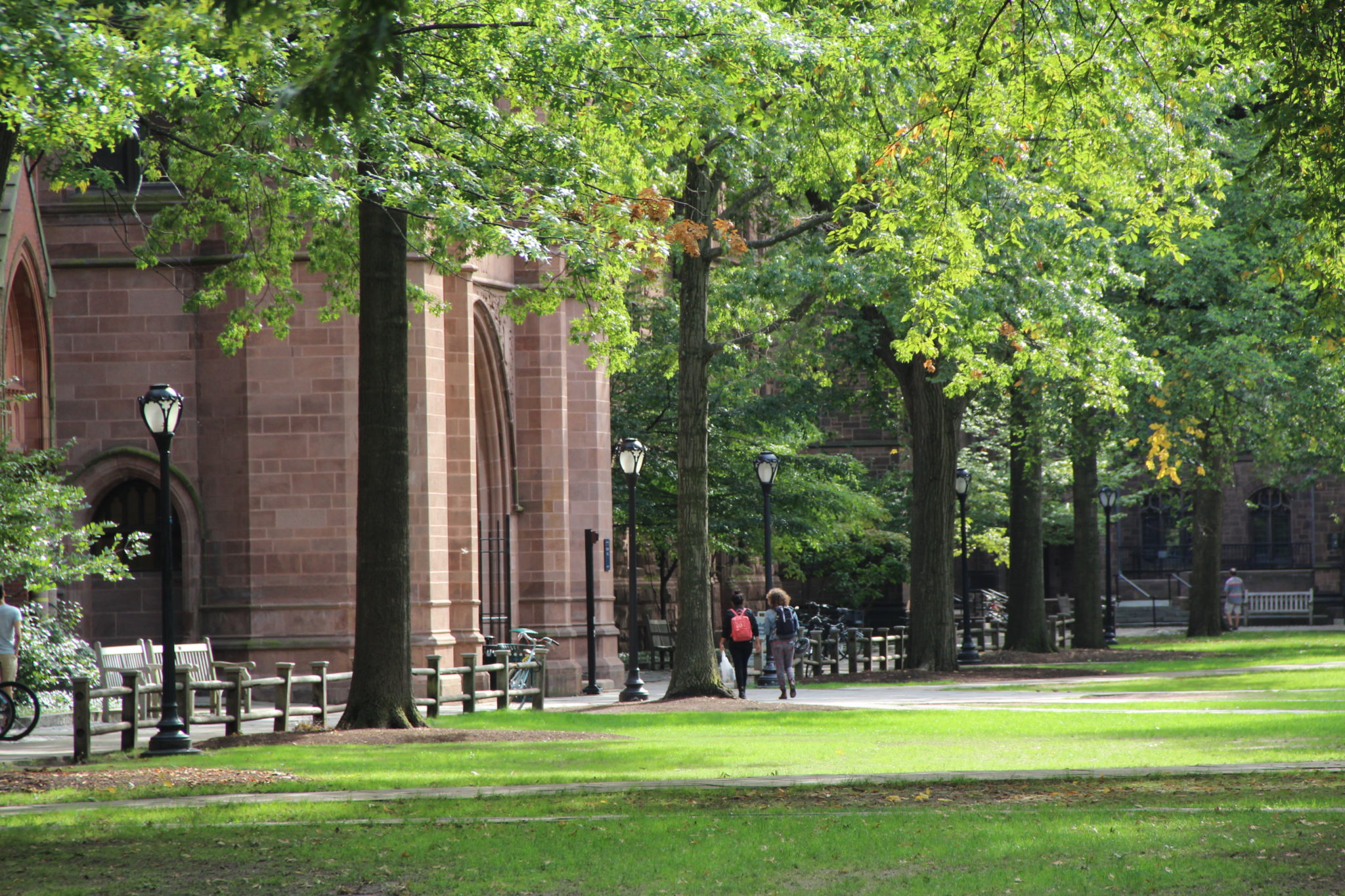
Yale Daily News
Yale’s five pre-orientation programs each saw changes this year as the Yale College Dean’s Office sought to emphasize residential college camaraderie, cross-program interactions and financial accessibility.
For the first time this year, the programs — Cultural Connections, FOCUS on New Haven, the First-Year Outdoor Orientation Trips, Harvest and Orientation for International Students — set a common start date of Aug. 17, resulting in some programs, such as OIS, lasting longer than they had in the past. All five programs kicked off with a unified Old Campus pizza dinner and opening ceremony in Battell Chapel, an idea that Eileen Galvez — director of Cultural Connections and La Casa Cultural — said she had discussed for several years with OISS Director Ann Kuhlman, and Dwight Hall Executive Director Peter Crumlish. The programs also underwent changes in terms of housing and length.
“[The joint welcome] was to basically to help try to build community,” said Marvin Chun, dean of Yale College. “We have all these students on campus … That was a pilot we did this year, and we’ll look forward to the feedback, but at least informally it seems like it was a success.”
In the “most fundamental change” to the pre-orientation programs, first-year participants in most of the programs were able to move into their permanent rooms on Old Campus or in their residential colleges when they arrived on campus, a change that aimed to improve logistics and build early connections with students’ residential college communities, Chun said.
In previous years, students moved into temporary Old Campus dorms at the beginning of each program before moving to their permanent rooms mid-week.
“I am … hopeful that having students move into their permanent rooms, and having the pre-orientation counselors share a room, created more opportunity for participants in the various pre-orientation groups to interact more than if each program had its own housing,” Kuhlman said.
But the upper-level group leaders and the sophomores, Eli Whitney and transfer students participating in FOCUS — a service-based pre-orientation program that introduces students to New Haven — did not all move into their permanent dorms right away, said FOCUS organizer Griffin Berlin ’21. While group leaders in Silliman, Timothy Dwight, Pauli Murray and Benjamin Franklin Colleges moved into their permanent rooms at the start of the program, Berlin noted that leaders in the 10 other colleges stayed in the Old Campus dorms corresponding to their residential colleges with other pre-orientation leaders in their college.
While Berlin said he understands the attempt to foster college connections between first years and upper-level students, the choice made move in logistically difficult for leaders. On the other hand, the change made things “so much easier” for first years by reducing interruptions to FOCUS programming, he said.
FOCUS participant Melissa Wang ’23 said she has loved her experience exploring service and New Haven during the program, and appreciated the convenience of moving into her dorm early, saving her the “panic of having to move again.” Still, she said she did not get the chance to begin socializing within her college given how time-consuming the program was.
“I didn’t interact much with the people from my [residential college],” Wang said. “FOCUS is a long and sometimes exhausting program, and I spent most of my time with my group.”
Fellow FOCUS participant Charlie Mayock-Bradley ’23 said he enjoyed getting to meet and know his roommate earlier.
The Dean’s Office also recommended creating more activities for residential college bonding to directors of the programs, and suggested that program groups have more “clumpiness” in residential college affiliation, Chun said.
“Students, they tell us how much they like making friends in other colleges through these pre-orientation programs, so we’re trying to preserve that while also introducing some residential college community that also has benefits of being easier to sustain,” Chun said.
Another pre-orientation effort underway is increasing financial accessibility to the programs, Chun said. Although some programs — such as Cultural Connections and FOCUS — are already free for students receiving financial aid or will offer scholarships to cover program fees for students in need who request them, Chun noted that the Dean’s Office is also working to increase the available financial aid for some of the other pre-orientation programming such as FOOT, a program in which upper level students lead first years on four- or six-day backpacking trips through mountains and hills in New England.
FOOT Director Cilla Kellert noted that over the next few years, donor funds will hopefully allow all of the pre-orientation programs to offer full or generous financial aid to students with need, meaning that first years “should and will be able to choose which program they want to participate in free from any financial burdens.”
“We’re working to find ways to provide more scholarships so that they are open to more students regardless of financial need,” Chun said. “It’s an ongoing goal to expand the number of students who can attend on scholarships.”
Several of the programs underwent individual changes as well. Kellert noted that FOOT added a slumber party in Payne Whitney before departing onto individual trips, while Galvez pointed to a new Yale Critical History Tour piloted in this year’s Cultural Connections — a program that introduces students to Yale’s campus and cultural resources — as a “people’s guide” to Yale to educate students about “important historical challenges and achievements of students of color, New Haven residents, and connections to important moments of Civil Rights.”
First-years move into their dorms on Friday, Aug. 23.
Asha Prihar | asha.prihar@yale.edu







